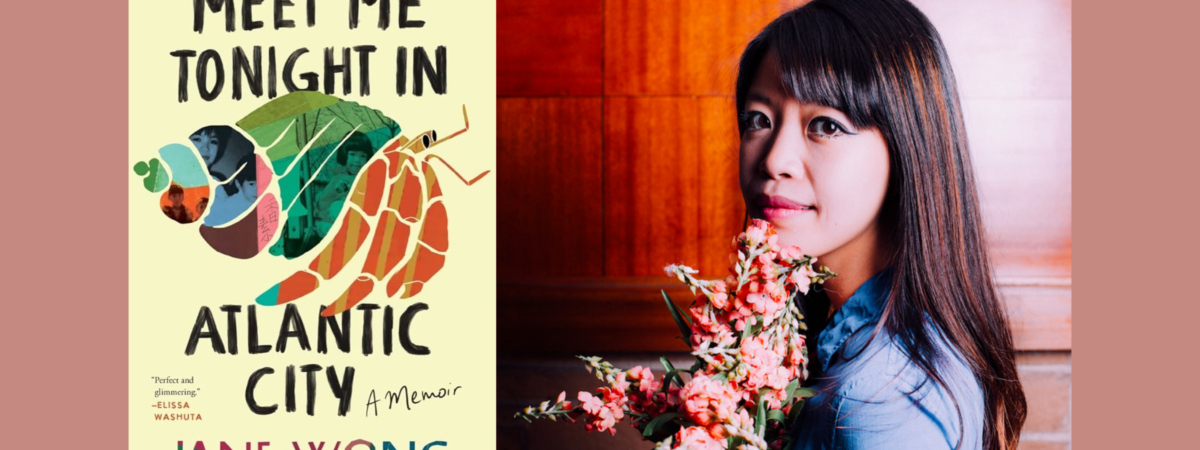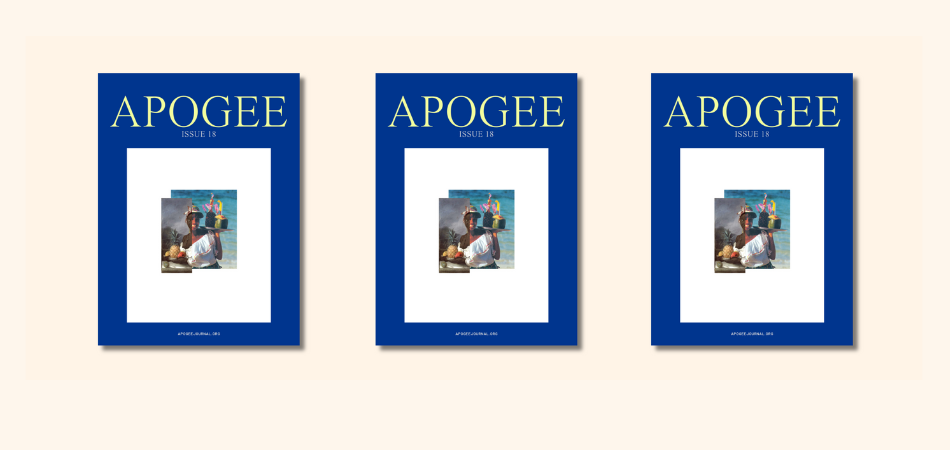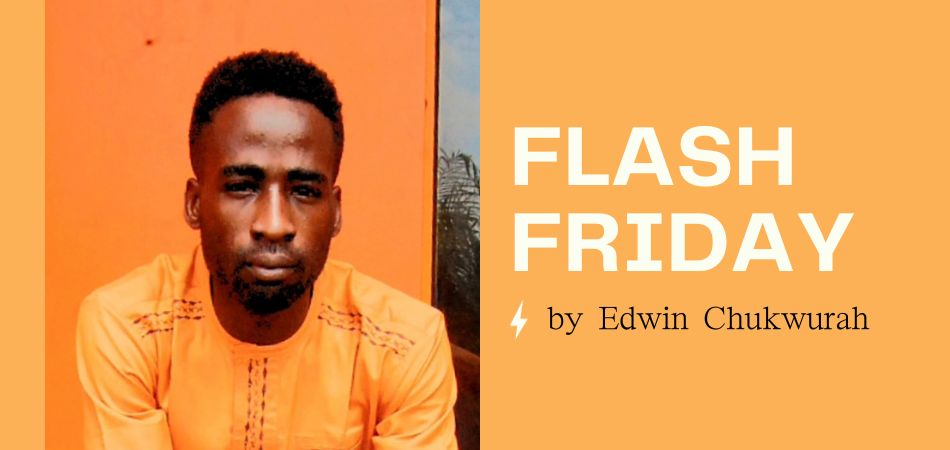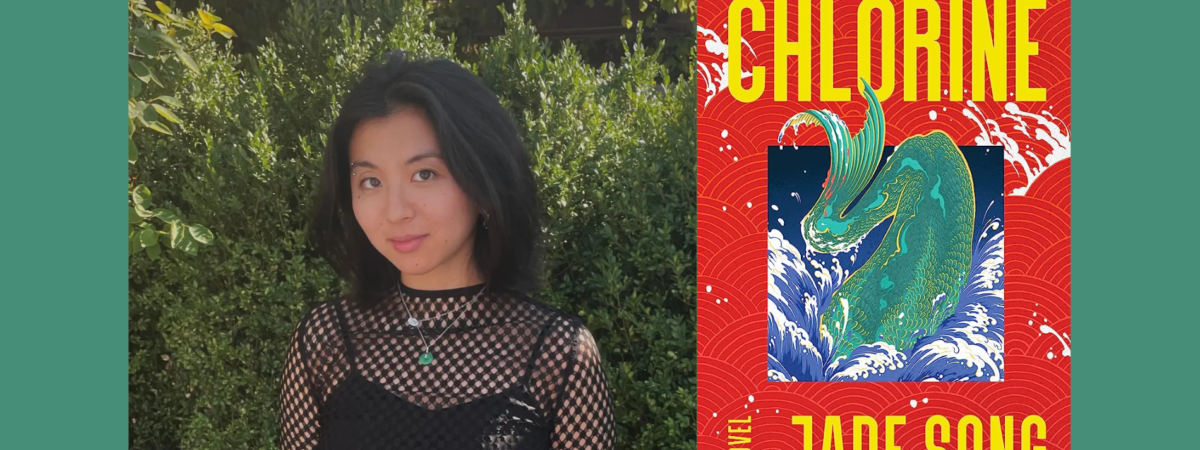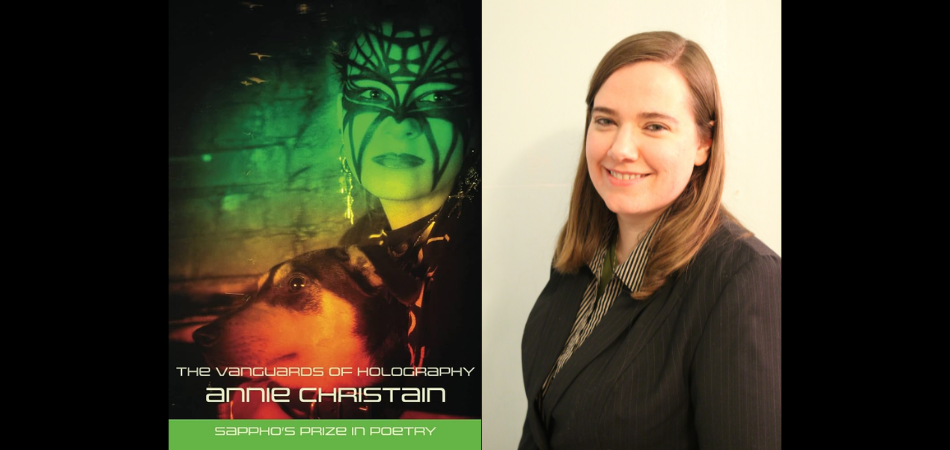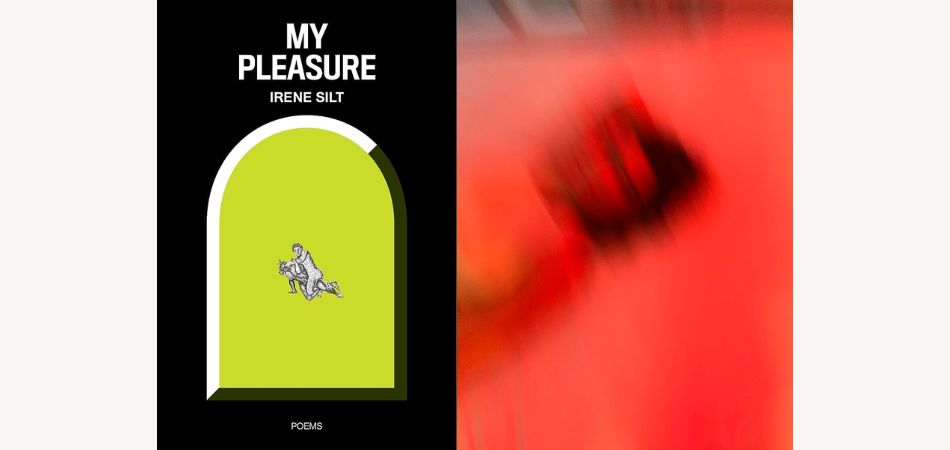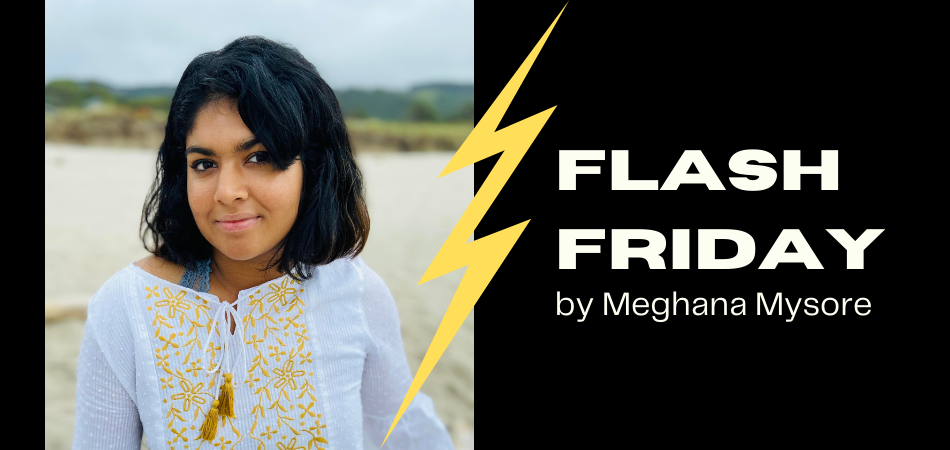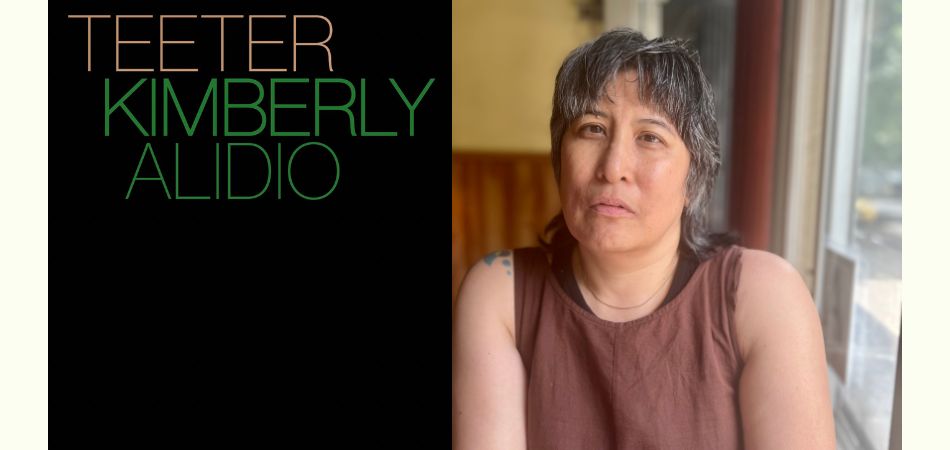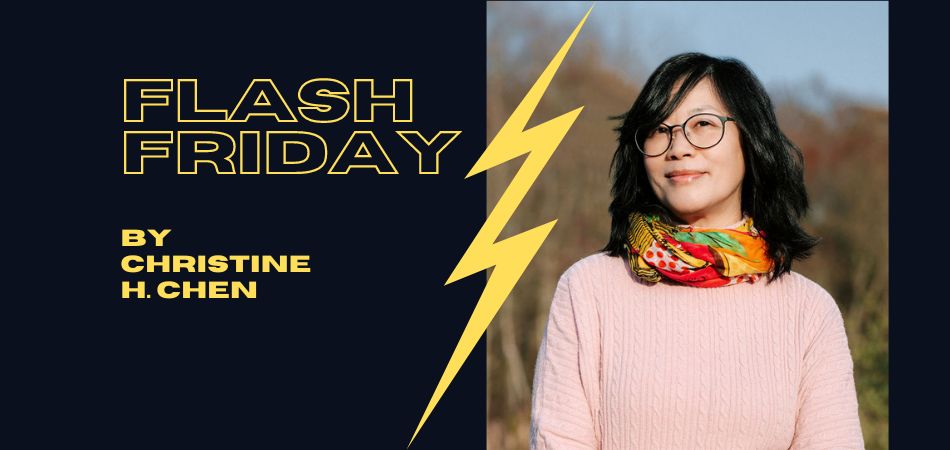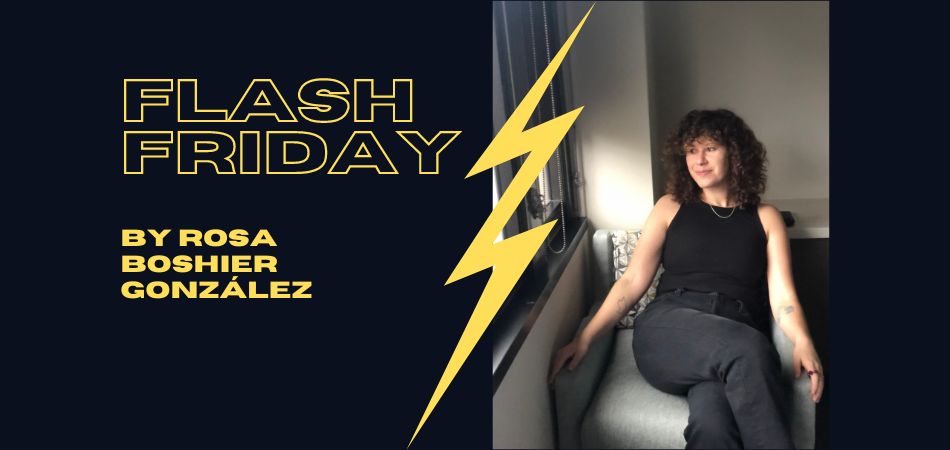Play, Rigor, and “Too Many Pearls”: Jane Wong interviewed by Ally Ang
Meet Me Tonight in Atlantic City, Jane Wong’s tender and fierce debut memoir, uses poetic lyricism and humor to create a living archive of her family history and a love letter to the mother who raised her and the communities that sustain her.

